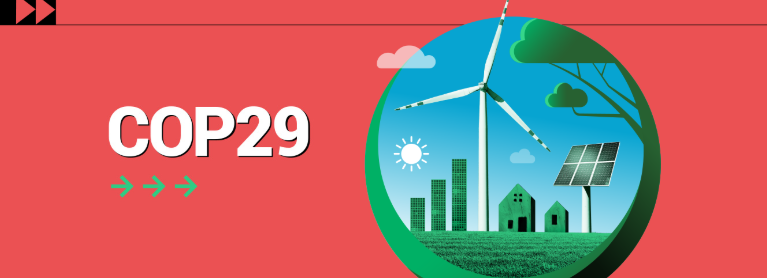Should some knowledge not be sought on ethical grounds?
- Miguel Barata
- Jan 27, 2023
- 2 min read

The pursuit of knowledge has always been a fundamental aspect of human existence. From the earliest days of human civilization, we have been driven to understand the world around us and to push the boundaries of what is possible. However, as we continue to make advancements in technology and scientific understanding, it is becoming increasingly clear that some knowledge should not be sought on ethical grounds.
One example of this is the development of weapons of mass destruction. The knowledge and technology required to create nuclear, biological, and chemical weapons have the potential to cause immense harm and suffering. The use of these weapons could lead to the death of millions of people, and the mere existence of these weapons creates a constant threat of global destruction. It is clear that the pursuit of knowledge in this area should be limited, if not outright banned, on ethical grounds. Another example is genetic engineering. Advances in this field have the potential to greatly improve human health and quality of life, but they also raise important ethical questions. For example, genetic engineering could be used to create "designer babies" with enhanced physical and intellectual abilities, but this could lead to a society where only the wealthy and privileged have access to these enhancements, creating an even greater divide between the rich and the poor. Additionally, genetic engineering could be used to create "super soldiers" or other military applications, which could lead to an arms race and increased global instability.
Finally, artificial intelligence is an area of knowledge that raises important ethical questions. While AI has the potential to greatly improve human lives, it also has the potential to be used in ways that are harmful to humanity. For example, AI could be used to create autonomous weapons or to monitor and control individuals and populations. These are serious concerns that must be taken into account when developing and deploying AI technologies.
In conclusion, while the pursuit of knowledge is essential for human progress and well-being, it is important to recognize that some knowledge should not be sought on ethical grounds. This includes knowledge related to weapons of mass destruction, genetic engineering, and artificial intelligence. We must be vigilant in considering the potential consequences of our actions and make sure that the knowledge we seek is used for the betterment of humanity and not to its detriment.
Sources:
Center for Drug Evaluation and Research. “Think It through: Managing the Benefits and Risks of Medicines.” U.S. Food and Drug Administration, FDA, https://www.fda.gov/drugs/information-consumers-and-patients-drugs/think-it-through-managing-benefits-and-risks-medicines.
Fletcher, Joseph, et al. “The Moral Limits of Knowledge.” VQR Online, https://www.vqronline.org/essay/moral-limits-knowledge.
Ragnarsson, Gisli. “Potential Danger of Knowledge.” The BMJ, 24 Jan. 2023, https://www.bmj.com/rapid-response/2011/10/28/potential-danger-knowledge.
Wiblin, Robert. “The World Desperately Needs AI Strategists. Here's How to Become One.” 80,000 Hours, 14 Dec. 2022, https://80000hours.org/podcast/episodes/the-world-desperately-needs-ai-strategists-heres-how-to-become-one/?utm_source=google&utm_medium=cpc&utm_campaign=1366582764&utm_content=53418179246&utm_term=is+ai+dangerous&gclid=EAIaIQobChMIipXngfTl_AIVkvZ3Ch3D5gDEEAAYAiAAEgJrWvD_BwE.
Müller, Urs, and Urs Müller. “The Dirty Dozen: How Unethical Behaviour Creeps into Your Organisation: ESMT Knowledge.” The Dirty Dozen: How Unethical Behaviour Creeps into Your Organisation | ESMT Knowledge, 9 Aug. 2016, https://esmt.berlin/knowledge/dirty-dozen-how-unethical-behaviour-creeps-your-organisation.





Comments